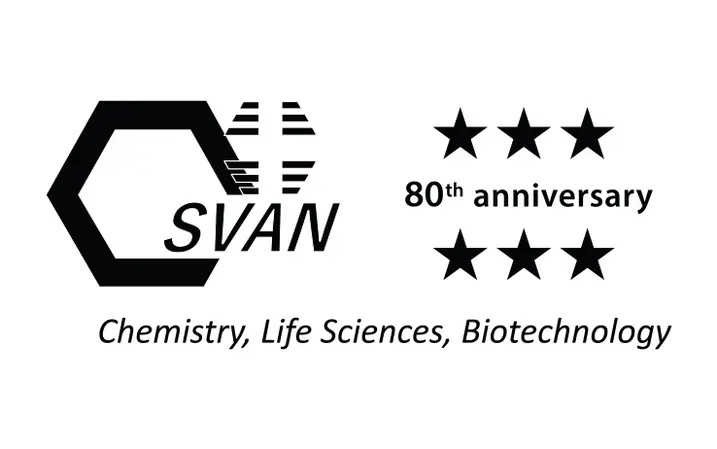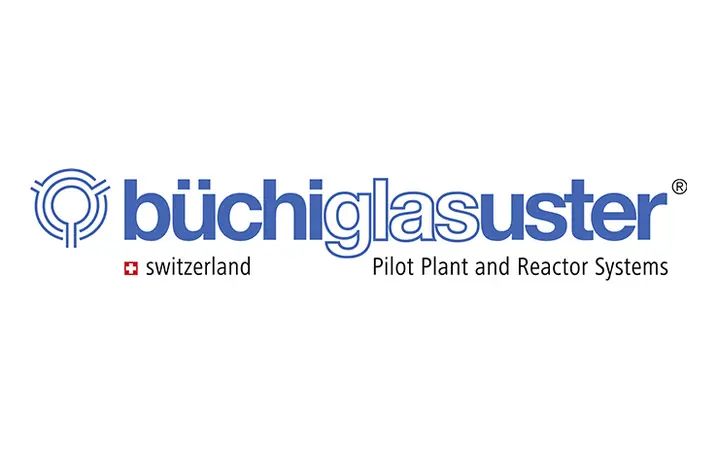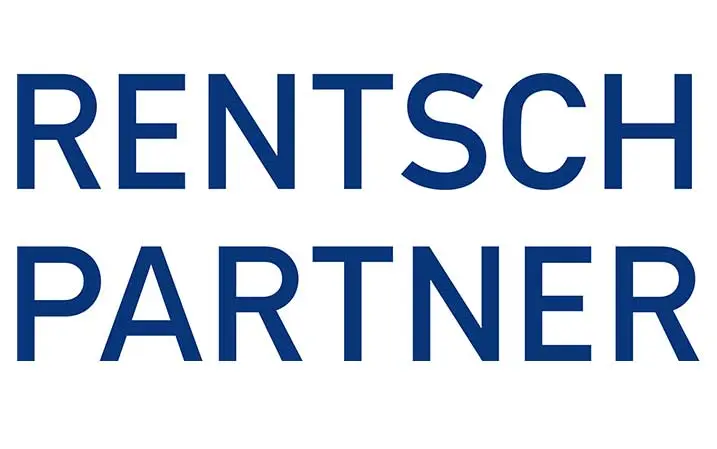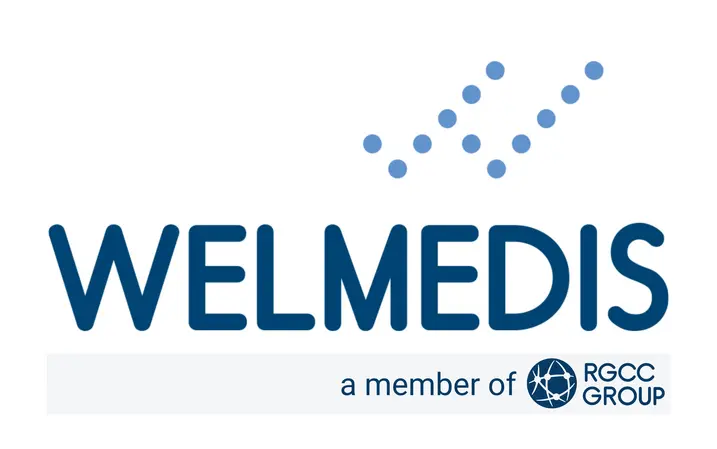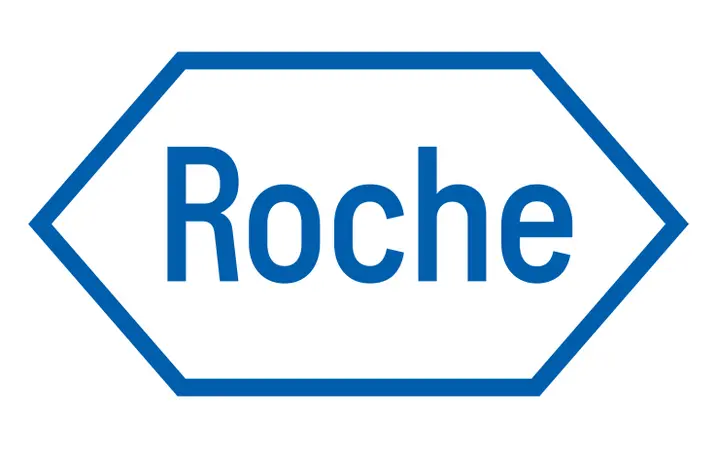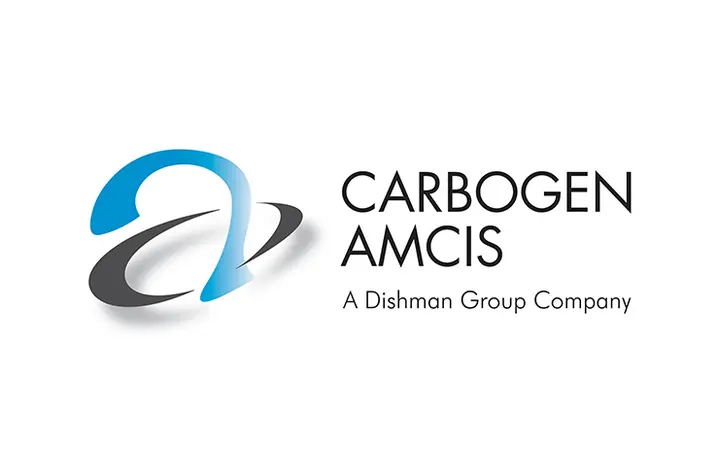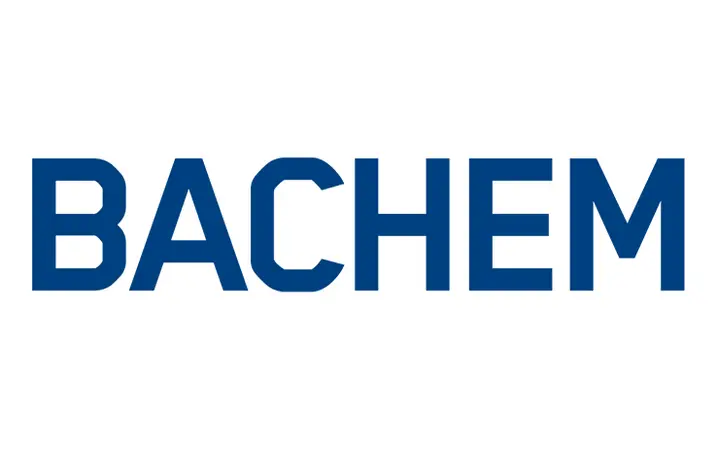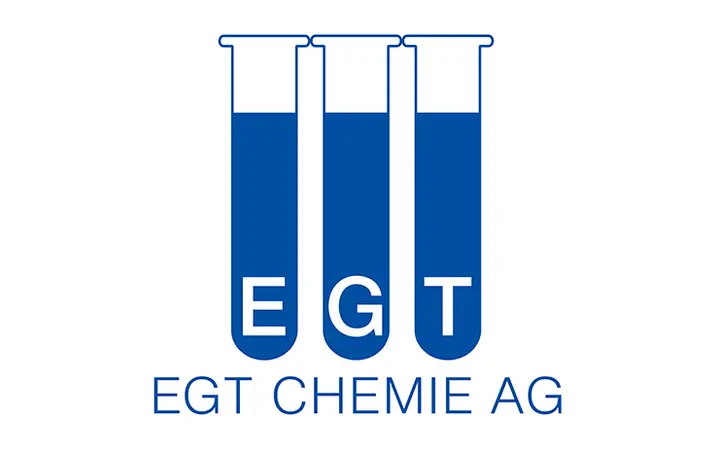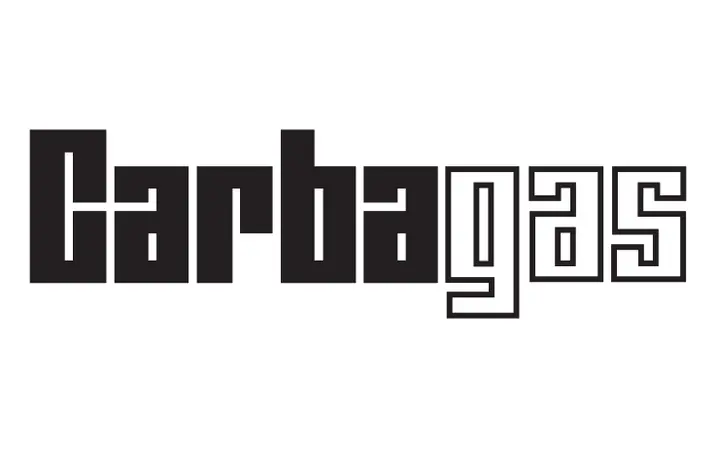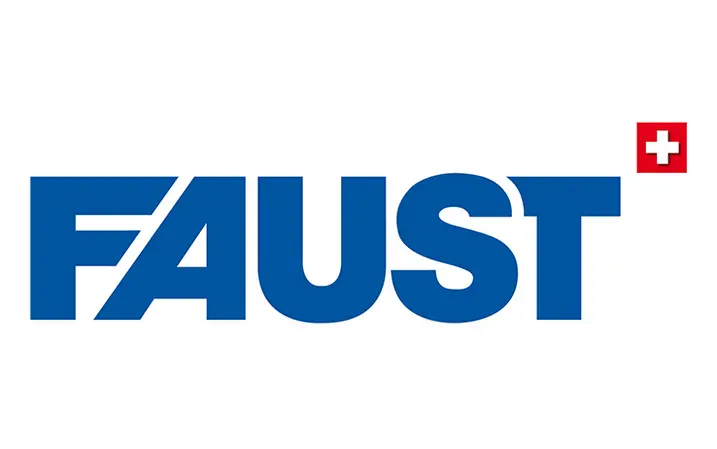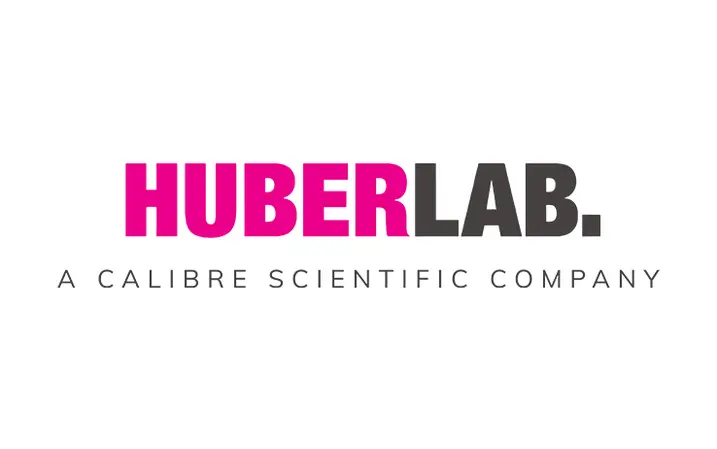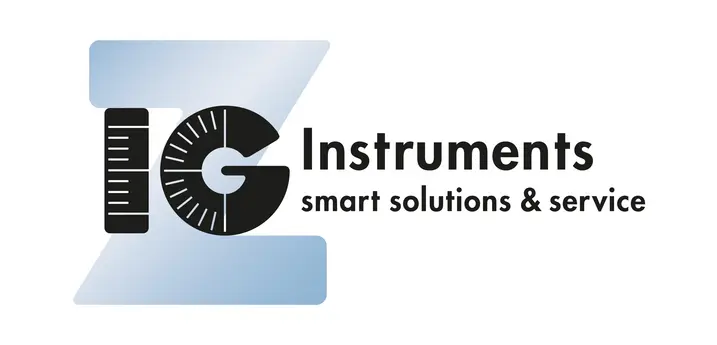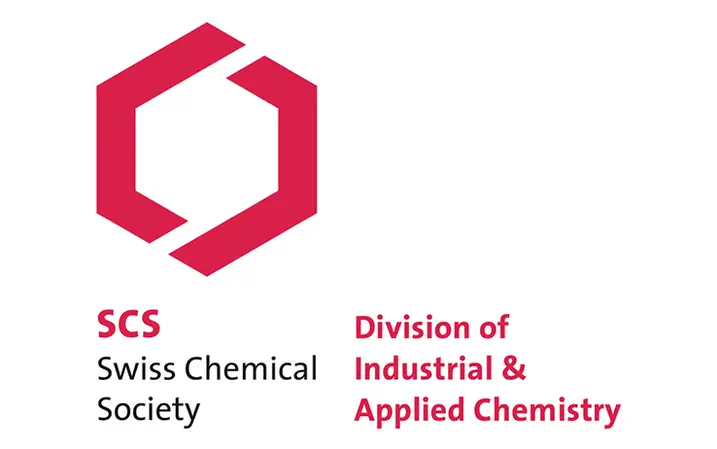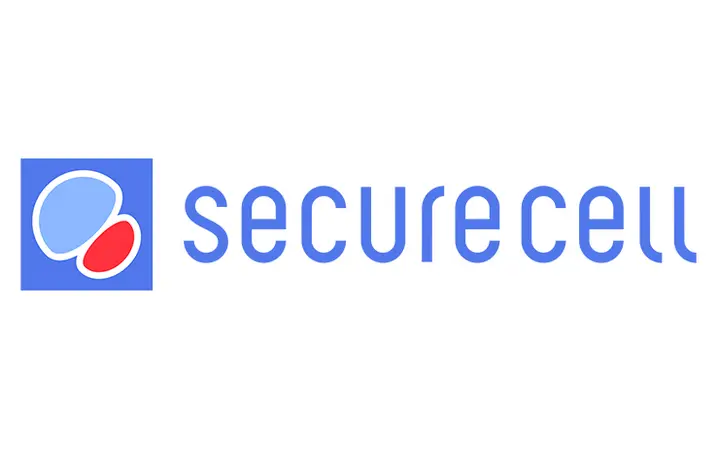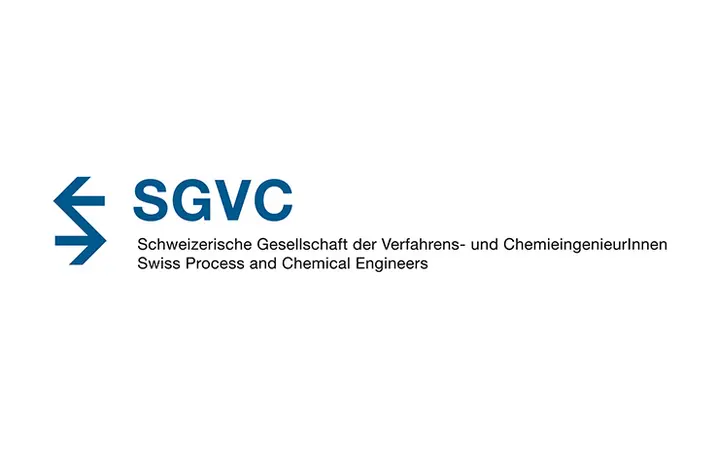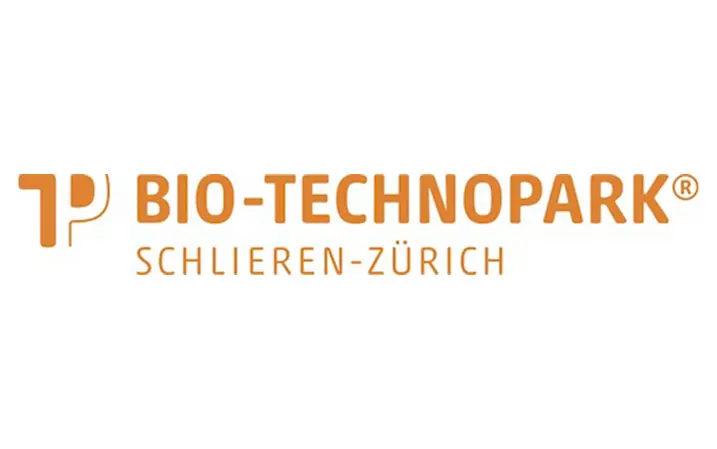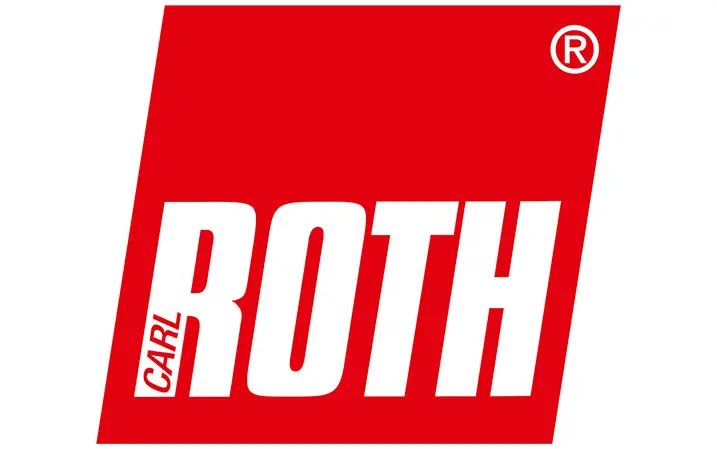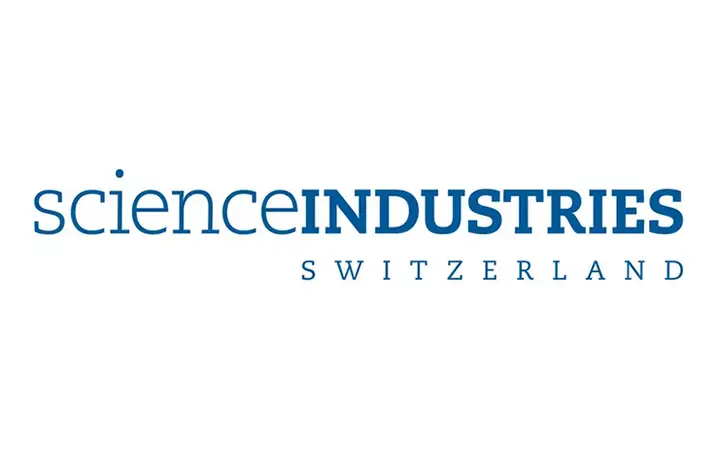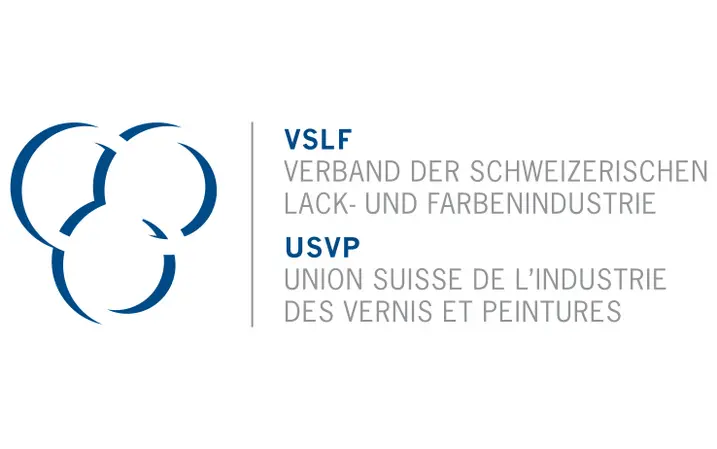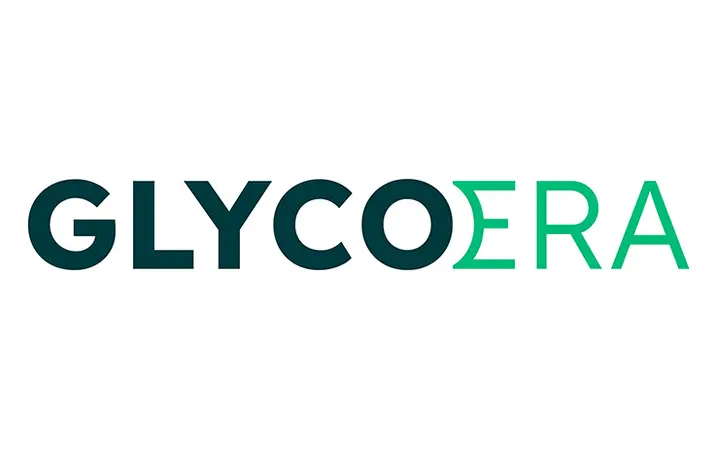Day of Life Sciences

- Datum: 4. Juni 2025
- Anmeldeschluss: 18. Mai 2025
- Ort: ZHAW Life Sciences and Facility Management, Grüentalstrasse 14, 8820 Wädenswil(PDF 820,6 KB)
- Kosten: keine Teilnahmegebühr; Teilnehmende werden von der ZHAW und Sponsoring-Partnern eingeladen
- Die Teilnehmerzahl ist beschränkt
- Kontakt: info.icbt@zhaw.ch
Vergangene Anlässe
2024 - Competencies in Drug Discovery, 2nd edition
With the second edition of our symposium "Competencies in Drug Discovery" we would like to further strengthen the refreshing exchange between the disciplines involved in drug discovery. The discovery and development of new drugs of medical importance requires the interaction of biological, chemical, and medical expertise.
2023 - 4th CCBIO Symposium on Industrial Biocatalysis
The 4th CCBIO Symposium on Industrial Biocatalysis will explore recent advances in the field, including topics such as sourcing, tailoring and application of wildtype and designer enzymes, repurposing of metalloenzymes, application of artificial cofactors, establishment of enzymatic cascades and the industrial use of biocatalysts.
2022 - Competencies in Drug Discovery
The symposium «Competencies in Drug Discovery» aims to discuss projects from different therapeutic indications in an interdisciplinary way and to promote the interaction of biological, chemical and medical competencies.
2021 - 3rd CCBIO Symposium on «Industrial Biocatalysis»
In a transdisciplinary environment, the 3rd CCBIO Symposium on Industrial Biocatalysis will provide a platform for scientific knowledge transfer and dialog for participants from industry and academia and bring together renowned researchers to discuss recent advances and future directions of the field.
2019 - Hydroxyanthracene Derivatives Symposium
The Hydroxyanthracene Derivatives Symposium featured cutting-edge contributions about analysis, quality, safety and efficacy of this interesting phytochemical substance class. It also provided a platform for dialogue and scientific knowledge transfer for participants from industry, regulatory bodies, academia or education.
2018 - Second Symposium of Industrial Biocatalysis
The Second Symposium of Industrial Biocatalysis hosted speakers from Switzerland and abroad who talked about current challenges in the field.
2017 - ICBT: Factories of the future
Was bringt die Zukunft? Unsere Studierenden werden sie gestalten. Deshalb erarbeiten wir bereits jetzt zusammen mit unseren Partnern aus Industrie und Forschung neueste Technologien, die die Produktionsprozesse von morgen abbilden.Wir präsentieren unter anderem Techniken wie Flow Chemistry, Mikroreaktortechnik und 3D Druck für personalisierte Implantate und ganze Gewebe.
2016 - Industrial Biocatalysis
Biocatalysis enables the sustainable production of chiral and highly functionalized compounds for the chemical and pharmaceutical industry. The Competence Centre of Biocatalysis at the ZHAW promotes biocatalysis as a complementary method to classic organic synthesis. It aims to help bridge the gap between academic laboratories and the production plant.
2015 - Frontiers in Personalized Medicine
A Precision Medicine initiative in the USA, announced by President Obama in January 2015, is designed to promote wider use of patient-specific medical care. The aim is to deliver new and more effective treatments for diseases. But what is going on in this ambitious, challenging field in Switzerland and in Europe?
Download speeches
- Current and future trends in personalized medicine, Dr. Bruce Jordan, Roche Diagnostics(PDF 3,5 MB)
- International Ltd Challenges of personalized health for clinical medicine, Prof. Dr. Peter Meier-Abt, Swiss Academy of Medical Scienes, Basel(PDF 2,5 MB)
- Implementing research in personalized medicine, Prof. Dr. Niko Beerenwinkel, ETH Zürich, Competence Center Personalized Medicine(PDF 1,8 MB)
- Osteosarcoma: Current perspectives and future development, Prof. Dr. Bruno Fuchs, Sarcoma Center UZH, University Hospital Balgrist(PDF 7,3 MB)
- Gene therapy in ophthalmology – the TargetAMD project, Dr. Martina Kropp, University Hospital Geneva(PDF 2,1 MB)
- TEDD information, Prof. Dr. Ursula Graf-Hausner, Zurich University of Applied Sciences(PDF 1,7 MB)
- Sciences Exhibition slam(PDF 3,2 MB)
2014 - Neue Materialien aus Holz – nahe oder ferne Zukunft?
In der Verwendung von Holz als Baustein für chemische Produkte und zur Herstellung neuartiger Verbundstoffe liegt ein grosses Potenzial für die Ablösung der global noch stark erdölbasierten Materialwirtschaft. Der 6. Chemietag der ZHAW widmet sich den vielfältigen wissenschaftlichen und unternehmerischen Herausforderungen, die sich in der Forschung und Entwicklung innovativer holzbasierter Materialien aktuell stellen.
Download Referate
- Aktivitäten am Institut für Chemie und Biologische Chemie, Prof. Dr. Christian Hinderling, Institutsleiter ICBT, ZHAW, Wädenswil(PDF 2,2 MB)
- Innovations-Suchfelder für holzbasierte Materialien, Dr. Willi Schwotzer, Psetta GmbH, Neuenkirch(PDF 2,2 MB)
- Polymere Nanoverbundswerkstoffe mit Zellulose Nanofasern, Prof. Dr. Christoph Weder, Adolphe Merkle Institut, Marly(PDF 6,1 MB)
- Holz als Chemierohstoff: Extraktion von Tanninen aus Rinden heimischer Nadelhölzer, Dr. Fédéric Pichelin, Berner Fachhochschule, Biel(PDF 1,4 MB)
- Wasserfeste, dimensionsstabile LVL aus Buchenholz, Prof. Dr. Holger Militz, Georg-Augst-Universität, Göttingen(PDF 2,2 MB)
- Bio-inspirierte Materialien aus Holz, Prof. Dr. Ingo Bugert, ETH Zürich(PDF 1,8 MB)
2013 - Didaktik in der Chemie
Im Fokus dieser Veranstaltung stehen aktuelle didaktische Herausforderungen im Unterricht an Berufs- und Fachhochschulen. Diese tragen zum Erfolg des dualen Bildungssystems in der Schweiz bei. Zudem hat die Bologna-Reform zu einer Internationalisierung beigetragen, die ein länderübergreifendes Qualitätsmanagement nötig erscheinen lässt (Eurobachelor).
2012 - Solar Energy - Chemical Solutions
Sunlight is the most abundant and reliable source of energy available to humanity. In order to provide a truly widespread primary energy source, solar energy must be harvested, converted, and stored in a cost-effective manner. These three key steps require scientific and technological breakthroughs. Chemistry contributes to this development by creating new materials for capturing sunlight, converting light to electricity, enabling light-driven reactions, or increasing the long-term stability of solar cells.
Download speeches (slides)
- Photovoltaics in Switzerland - the cycle of research, technology, industry and markets, Dr. Stefan Nowak, Programme Manager, Swiss Photovoltaic Research Programme, Swiss Federal Office of Energy(PDF 3,4 MB)
- Modeling and simulation of photoelectrochemical cells, Dr. Matthias Schmid, ZHAW(PDF 2,5 MB)
- New trends in organic materials based solar cells, Prof. Dr. Frank Nüesch, EMPA(PDF 3,9 MB)
- Running chemical reactions at ultra-high temperatures for solar energy storage - potential and challenges, Dr. Ivo Alxneit, Solar Technology Laboratory, PSI(PDF 10,2 MB)
2011 - Medizinalchemie
Die pharmazeutische Industrie ist von globaler wirtschaftlicher Bedeutung. Als zentrale Komponente ist dabei die Wirkstoffentwicklung ein komplexer Prozess, der interdisziplinäre Forschungs- und Entwicklungsarbeiten erfordert. Nur die effektive Zusammenarbeit unterschiedlicher naturwissenschaftlicher Disziplinen ermöglicht die Entwicklung von neuen Medikamenten zum Nutzen der Patienten.
Download speeches (slides)
- Drug discovery in the academic setting, Rainer Riedl, ZHAW(PDF 6,0 MB)
- VIBRANT a European Project for Betacell Imaging and Quantification Theo Schotten, CAN GmbH(PDF 5,4 MB)
- Blocking AMRE - Chemistry and Biochemistry at a Nasty Enzyme, Andreas Natsch, Fridtof Schröder, Givaudan Schweiz AG(PDF 1,3 MB)
- VirtualToxLab TM - In silico prediction of the toxic potential of drugs and chemicals, Angelo Vedani, Departement of Pharmaceutical Sciences, University of Basel(PDF 3,0 MB)
- Discovery of the Novel, Orally Active S1P Receptor Agonist ACT-128800 (Ponesimod), Martin Bolli, Actelion Pharmaceuticals Ltd(PDF 3,7 MB)
